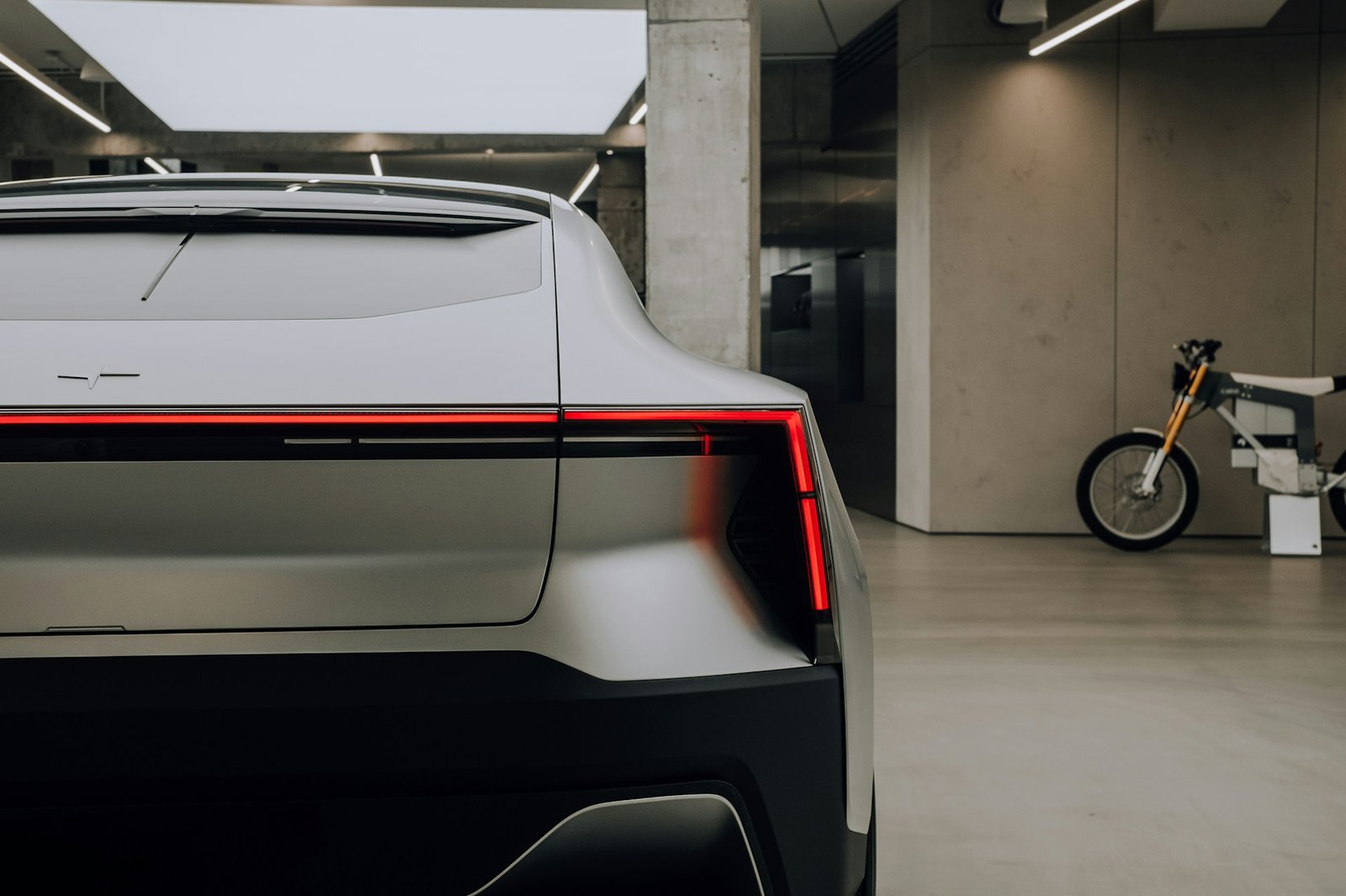Production of batteries for EVs is not so eco-friendly after all. But new recycling technology can make it right.
New battery recycling technologies for electric vehicles can help reduce carbon emissions in the supply chain of EV batteries by up to 80%.

Image by Kenny Leys
While electric vehicles (EVs) significantly contribute towards reducing carbon dioxide emissions (CO2) of the transportation industry compared to internal combustion vehicles (ICVs), the production of batteries for electric vehicles does not.
High-powered batteries used in EVs today require hundreds of pounds of valuable minerals to be mined for production requirements and the traditional methods used in sourcing these minerals from the mineral mines require high amounts of energy. This causes the initial carbon footprint in the supply chain of an electric vehicle to be higher than that of an internal combustion engine vehicle.
However, these initial emissions of CO2 from the EV supply chain are covered by the reduction of emissions throughout the lifetime of an electric vehicle usage. An electric vehicle generates 69% less emissions over its lifetime compared to an internal combustion vehicle.
In the US, it is identified that an EV requires a mileage of 41,000 kilometres to make up for the carbon emissions generated during the initial stages of its supply chain assuming that all electric vehicle batteries are made with 100% new minerals and it is discarded at the end of the life of the vehicle. According to Consumer Reports, the minimum average lifespan of a vehicle is between 160,934 kilometres and 321,868 kilometres depending on the quality of the car and maintenance.
Thus, it is evident that steps are needed to be taken to tackle the carbon footprint of the supply chain of EVs to make the electric vehicle industry more sustainable and climate-friendly. And startups such as Redwood Materials in the US founded by Tesla co-founder JB Straubel, are leading the way in recycling EV batteries and creating a circular economy for electric vehicles through a high-tech recycling plant in Western Nevada capable of recycling up to 250,000 EVs per year. This is about 13% of all electric vehicles manufactured by Tesla in 2023.
According to a study conducted by the Stanford University, recycling of EV batteries can cut CO2 emissions in the supply chain of electric vehicles by up to 80% as it allows over 95% of key minerals to be recovered and reused instead of being freshly mined. This level of environmental efficiency in the supply chain corresponds to a significant reduction in the mileage required to make up for the carbon footprint of the EV supply chain by an EV from 41,000 kilometres to 24,140 kilometres.
Analysing the breakeven point and efficiency of EVs compared to ICVs accurately requires considering the energy sources used to produce EV batteries and charging them when in use. However, with the increasing demand for solar power generation, the true efficiency of EVs is expected to increase further.
Speaking on EVs and recycling EV batteries, Assistant Professor Will Tarpeh from Stanford University said:
“Recycling is catching up to the batteries that we’ve made. Not very many people are looking at recyclability when they develop battery chemistry, but I think that’s really starting to change.”



